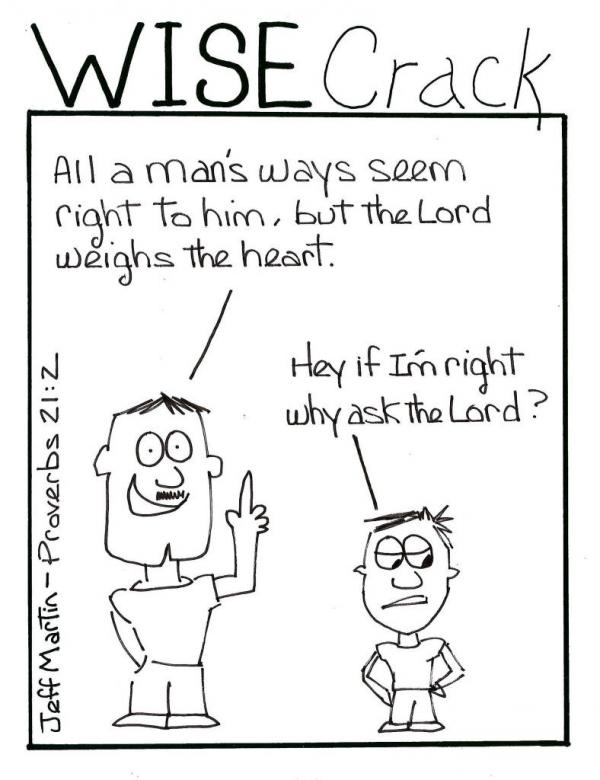While preparing to teach the book of I Timothy, I noted that the Holy Spirit makes the generalization that greed and aggression are vices common to men, I Timothy 2:8, 3:3, and 3:8. The Holy Spirit also makes the generalization that immodesty and gossip are vices common to women, I Timothy 2:9, 3:11, and 5:13. Jesus already told the non-fictional story of a rich man who burns in Hades because of his greed, Luke 16:19-31. What if we consider the fictional story of a beautiful woman who burns in Hades because of her brazenness?
Now there was a certain beautiful woman, and she was clothed in purple and fine linen, loving the looks from men. A certain ugly woman, named Laverne, was laid at her gate, unsightly and desiring to be clothed with even an old cloth discarded from the beautiful woman's closet. Yes, even the dogs came and howled at her repelling form. It happened that the ugly woman died, and that she was carried away by the angels to Abraham's bosom. The beautiful woman also died, and was buried. In Hades, she lifted up her eyes, being in torment, and saw Abraham far off, and Laverne at his bosom. She cried and said, 'Father Abraham, have mercy on me, and send Laverne, that she may bring a modest garment, and cover my burning flesh! For I am in anguish in this flame.' But Abraham said, 'Daughter, remember that you, in your lifetime, received your good things, and Laverne, in like manner, bad things. But now here she is beautiful and you are in anguish. Besides all this, between us and you there is a great gulf fixed, that those who want to pass from here to you are not able, and that none may cross over from there to us.' She said, 'I ask you therefore, father, that you would send her to my father's house; for I have five sisters, that she may testify to them, so they won't also come into this place of torment.' But Abraham said to her, 'They have Moses and the prophets. Let them listen to them.' She said, 'No, father Abraham, but if one goes to them from the dead, they will repent.' He said to her, 'If they don't listen to Moses and the prophets, neither will they be persuaded if one rises from the dead.'
The story above is fiction inspired only by myself. My goal is to expose the offense of self-centeredness in women as Christ exposed it in men, though we see selfishness is manifest differently. Have I done so equitably? The parallel above is so offensive I question the wisdom of making the observation. Is Christ enraged by a brazen woman insensitive toward her homely sister as he is towards a greedy man heartless toward his needy brother?
The answer to this question has erased my fear of being unnecessarily offensive and instead to be bold with love and offensive as needed! The truth is that Christ punishes both men AND women in the fires of Hades for their unbelief, whether evidenced by their greed, their immodesty, or any other fruit of hatred of God. Though politically incorrect to accuse a man of greediness in our day, it is unthinkable to accuse a woman of immodesty.
Perhaps it is difficult to confront a brother with his greediness when our wallet is bulging, so we tell lies to our wallets. It is also difficult to confront a sister of her immodesty when our eyes are bulging, so we tell lies to our eyes.
Ok, so we are all crumbs, now what? Christ does wildly more than convict the rich man and callously call attention to the beggar’s poverty, he offers great hope. The beggar will be comforted. And I believe the ugly will be made beautiful. Yet, this optimism stands only for those who believe.
Application Questions:
Should the rich appease their conscience by helping the poor to become rich with money? Or should the rich admit their poverty and ask the poor for the riches of faith? James 2:5-7 and 5:1-6.
Should the beautiful appease their conscience by helping the ugly to become beautiful in appearance? Or should the beautiful see their ugliness and ask the ugly for the beauty of faith? Proverbs 11:22 and 31:30.












